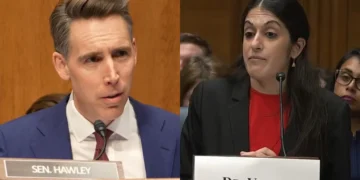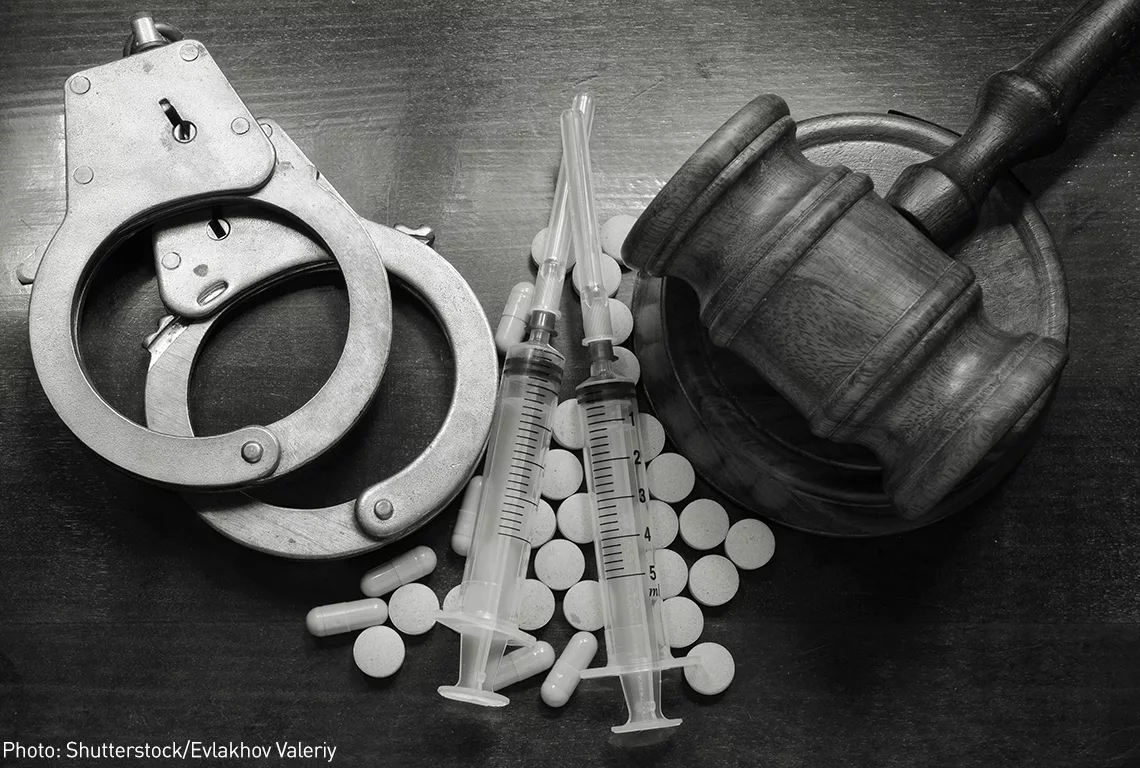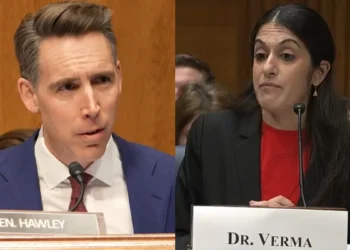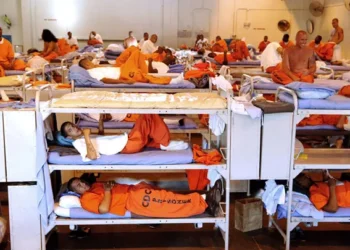In 1970, the United States Congress passed the Controlled Substances Act, a legislation that aimed to control and regulate the use of certain drugs within the country. This act, while initially intended to address drug-related issues, has sparked a contentious debate on the efficacy of criminalizing drug use. Over the years, the landscape of drug policy has evolved, with some states taking bold steps towards decriminalization. The question then arises: Are you in favor of decriminalizing drug use?
The Case for Decriminalization
Understanding the Current Drug Policy Landscape
Before delving into the merits of decriminalization, it’s crucial to grasp the existing framework governing drug laws in the United States. The Controlled Substances Act categorizes drugs into five schedules based on their potential for abuse and accepted medical use. However, it’s notable that alcohol and tobacco, despite their significant impact on public health, remain largely unregulated by this federal law.
The Flaws of Criminalization
Wasted Resources and Ineffective Strategies
One of the primary arguments against the criminalization of drug use is the misallocation of resources. Law enforcement agencies devote substantial time and funds towards enforcing drug laws, often with minimal impact on reducing drug use rates. According to the American Civil Liberties Union (ACLU), the United States spends billions annually on drug-related law enforcement, yet drug use remains prevalent.
Fuelling the Black Market
Criminalization inadvertently fuels the illicit drug market, providing a lucrative opportunity for organized crime groups. By prohibiting drug use, the government inadvertently hands a monopoly to illicit dealers, contributing to violence, corruption, and instability within communities. Decriminalization, on the other hand, undermines the black market’s profitability by shifting the control of drugs from criminals to regulated entities.
Advantages of Decriminalization
Harm Reduction and Public Health
Decriminalizing drug use promotes harm reduction strategies that prioritize public health over punitive measures. Instead of criminalizing addiction, decriminalization encourages a shift towards treatment and rehabilitation. In Portugal, a pioneering example of decriminalization, the implementation of harm reduction policies led to a decrease in drug-related deaths and HIV transmission rates.
Economic Benefits and Social Justice
Decriminalization not only saves taxpayer dollars but also presents an opportunity for economic growth. By redirecting funds from enforcement to treatment and education programs, governments can invest in initiatives that address the root causes of substance abuse. Moreover, decriminalization reduces the burden on the criminal justice system, alleviating overcrowded prisons and reducing recidivism rates.
Personal Freedom and Autonomy
At its core, the debate over drug policy revolves around individual autonomy and personal freedom. Proponents of decriminalization argue that adults should have the right to make informed decisions about their own bodies, provided they do not harm others. By removing criminal penalties for drug possession, society respects the autonomy of individuals while prioritizing public safety through harm reduction measures.
Addressing Concerns and Misconceptions
Fear of Increased Drug Use
One common misconception surrounding decriminalization is the fear that it will lead to a surge in drug use rates. However, evidence from countries like Portugal and the Netherlands suggests otherwise. In fact, Portugal’s decriminalization policy has been associated with a reduction in problematic drug use among both adults and adolescents.
Protecting Vulnerable Populations
Critics of decriminalization often express concerns about the potential impact on vulnerable populations, such as adolescents and low-income communities. However, decriminalization can be coupled with comprehensive prevention and education campaigns to mitigate these risks. Additionally, by treating drug use as a public health issue rather than a criminal offense, decriminalization offers a pathway to support and assistance for those struggling with addiction.
The Road Ahead: Implementing Decriminalization Policies
Decriminalizing drug use is not a one-size-fits-all solution; rather, it requires careful planning, collaboration, and ongoing evaluation. As states like Colorado, Washington, and Oregon have demonstrated, decriminalization can be implemented through ballot measures and legislative reforms. However, it’s essential to develop comprehensive frameworks that prioritize harm reduction, public health, and social equity.
Embracing a New Paradigm
In conclusion, the question of whether to decriminalize drug use is not merely a matter of policy but a reflection of our values as a society. By embracing decriminalization, we acknowledge the failures of punitive approaches and embrace a paradigm shift towards compassion, public health, and social justice. Decriminalization offers a path towards safer communities, reduced harm, and greater individual autonomy. So, when posed with the question, are you in favor of decriminalizing drug use? Consider the evidence, weigh the benefits, and envision a future where policy is guided by pragmatism, not stigma.
As we navigate the complexities of drug policy, it’s essential to remain informed and engaged. To learn more about the impacts of decriminalization and evidence-based drug policies, I encourage you to explore resources from organizations such as the Drug Policy Alliance and the National Institute on Drug Abuse.
Let us embark on this journey towards a more just, compassionate, and equitable approach to drug policy. Together, we can shape a future where the health and well-being of individuals and communities take precedence over punitive measures and stigma.
For more content, check out How to Determine Your Political Ideology.
Disclaimer: The views and opinions expressed in this blog post are those of the author and do not necessarily reflect the official policy or position of any other agency, organization, employer, or company.



















































